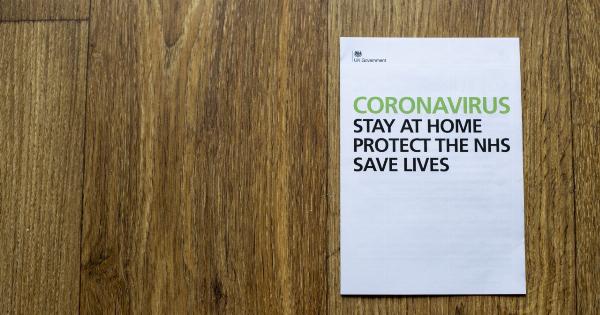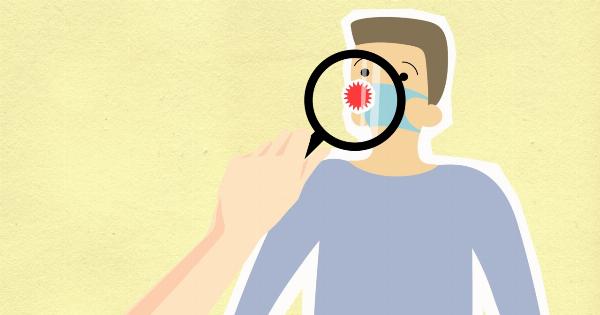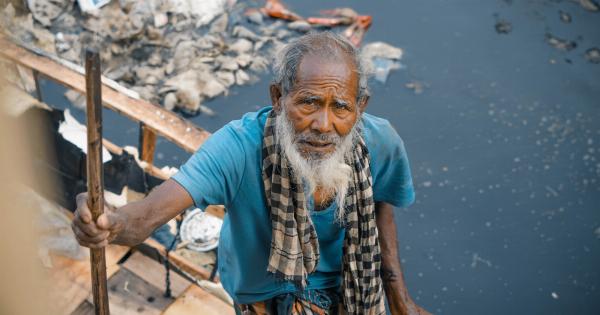A person infected with the West Nile virus in its severe form is in critical condition, according to the latest report from local health officials.
This case marks an alarming increase in the number of West Nile virus cases reported this year, prompting public health warnings and urging people to take precautions to avoid infection.
What is the West Nile Virus?
The West Nile virus is a virus that can cause flu-like symptoms in people who are bitten by infected mosquitoes.
Most people who catch the virus will have no symptoms, but in rare cases, the virus can cause severe symptoms, including high fever, headache, neck stiffness, disorientation, tremors, convulsions, and paralysis. The virus was first identified in Africa in the 1930s and has spread to other parts of the world, including North America, Europe, and Asia.
How is West Nile Virus Transmitted?
The West Nile virus is transmitted to people through the bite of infected mosquitoes. Mosquitoes become infected with the virus after feeding on infected birds. The virus does not spread from person to person or from animal to person.
West Nile Virus in the United States
The West Nile virus was first reported in the United States in 1999 and has since become a significant health concern. In 2019, a total of 2,002 cases of West Nile virus were reported in the United States, resulting in 121 deaths.
The majority of cases are reported in the summer and fall months, when mosquitoes are most active.
Signs and Symptoms
The majority of people infected with the West Nile virus will have no symptoms. About 1 in 5 people infected will develop a fever with other symptoms such as headache, body aches, joint pains, vomiting, diarrhea, or rash.
Most people with this type of West Nile virus disease recover completely, but fatigue and weakness can last for weeks or months.
In rare cases, the virus can cause severe symptoms, including high fever, headache, neck stiffness, disorientation, tremors, seizures, paralysis, and coma.
People over the age of 50 or those with weakened immune systems are at higher risk for developing severe West Nile virus disease.
Prevention of West Nile Virus
There is no specific treatment for West Nile virus. Most people with mild symptoms will recover on their own. People with more severe symptoms may require hospitalization and supportive care.
The best defense against West Nile virus is to avoid mosquito bites.
Here are some tips for preventing mosquito bites:.
- Stay indoors during peak mosquito hours (dusk to dawn).
- Wear long-sleeved shirts and pants when outdoors.
- Use mosquito repellent containing DEET, picaridin, or oil of lemon-eucalyptus.
- Make sure that window and door screens are in good repair to prevent mosquitoes from entering your home.
- Remove standing water from around your home, including birdbaths, flower pots, and gutters, as standing water is a breeding ground for mosquitoes.
Conclusion
West Nile virus is a serious illness that has affected thousands of people in the United States.
The recent case of a patient in critical condition serves as a reminder of the importance of taking precautions to avoid mosquito bites and reduce the risk of infection. By following the above prevention tips and staying informed about the latest developments in the spread of the virus, we can protect ourselves and our communities from this dangerous disease.






























